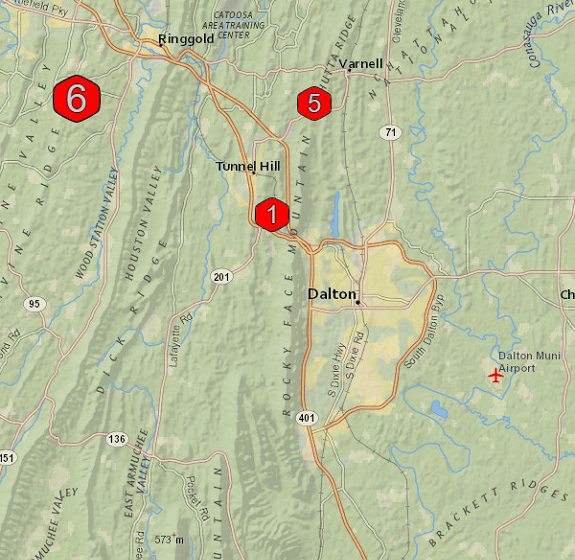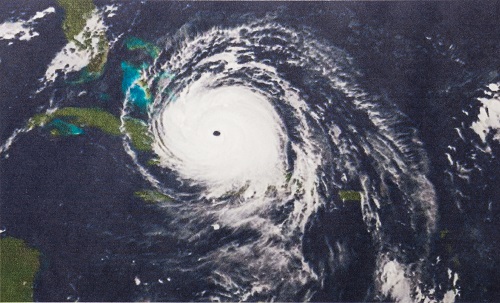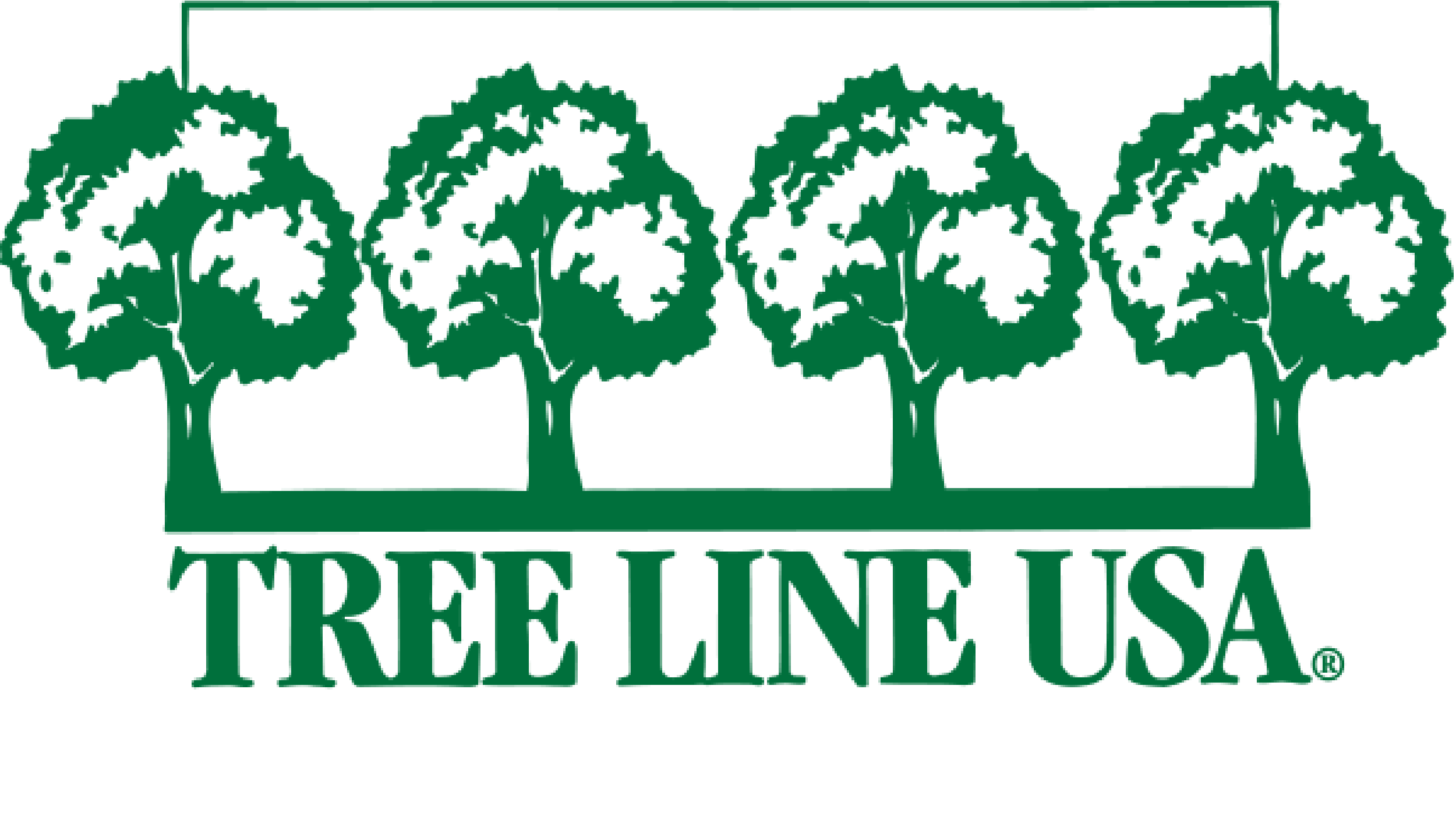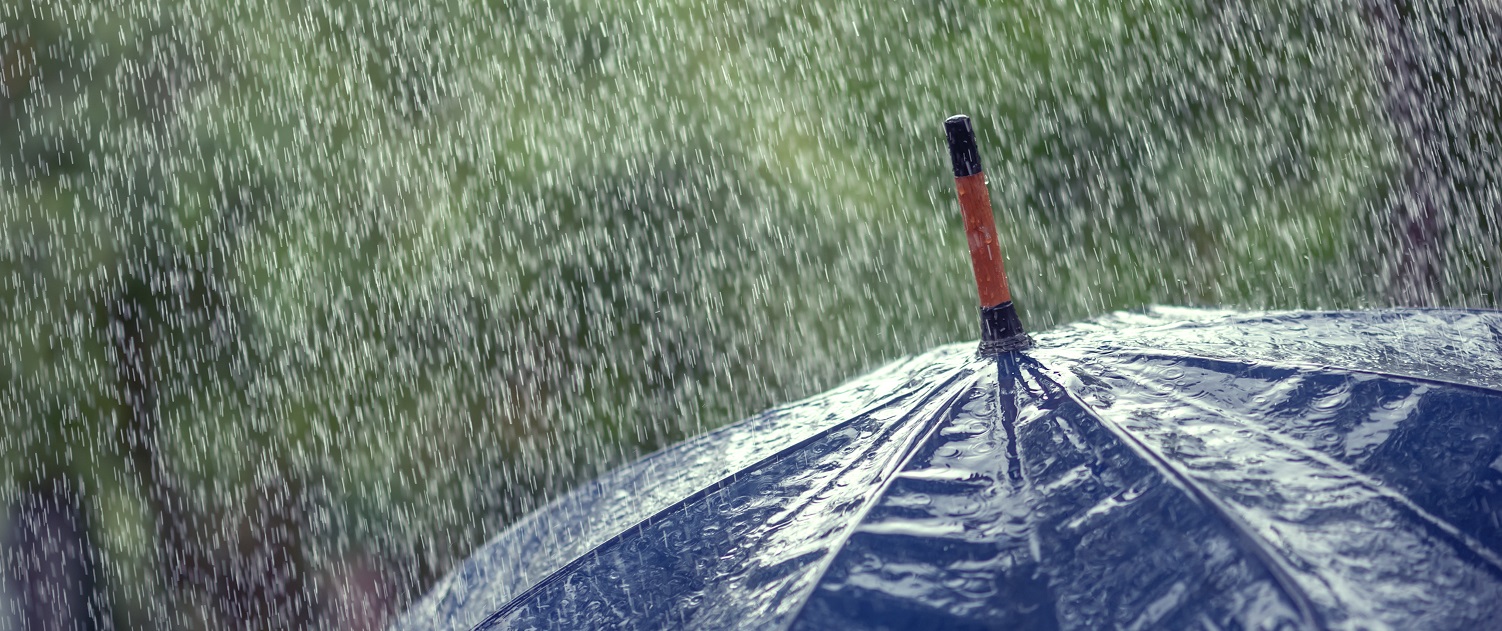
Recovery and Safety Center
During and after the storm, remember to keep safety your first priority; always stay away from downed power lines.
Safety Center
Contacting a power line can be deadly. Your Touchstone Energy cooperative wants to help our members stay safe around power lines.
Keep a safe distance
Whether you are playing outdoors with your children or working on landscaping projects, keep a safe distance from power lines and other equipment your co-op uses to get electricity to your home.
Always remember to:
- Never touch or go near a downed power line.
- Stay away from substations, meters, transformers and electrical boxes.
- Don’t climb trees near power lines.
- Never fly kits, remote control airplanes or balloons near power lines.
- If you get something stuck in a power line, call NGEMC to get it.
- Keep a safe distance from overhead power lines when working with ladders or installing objects such as antennas.
- Don’t touch anything that may be touching a downed wire, such as a car or a tree.
- Keep children and pets away.
If a power line falls on a car, you should stay inside the vehicle. This is the safest place to stay. Warn people not to touch the car or the line. Call or ask someone to call the local cooperative and emergency services.
The only circumstance in which you should consider leaving a car that is in contact with a downed power line is if the vehicle catches on fire. Open the door. Do not step out of the car. You may receive a shock. Instead, jump free of the car so that your body clears the vehicle before touching the ground. Once you clear the car, shuffle at least 50 feet away, with both feet on the ground.
As in all power line related emergencies, call for help immediately by dialing 911.
Do not try to help someone else from the car while you are standing on the ground.
Preventing Electrocutions Associated with Standby Power Supply Generators
When power lines are down, residents can restore energy to their homes or other structures by using another power source such as a portable or stationary generator.
If you use a generator for backup power, strictly follow manufacturer recommendations and specifications. Contact a qualified electrician to assist you with the installation and start-up activities. Using generators improperly not only endangers your own household but can also risk the lives of people outside your home.
For safety purposes, always notify NGEMC when using a back-up power supply.
Never connect a standby generator to your home's electrical system. There are only two safe ways to connect a standby generator to your equipment.
1. If using a stationary generator, an approved generator transfer switch, which keeps your house circuits separate from the electric co-op, should be installed by a professional. A working transfer switch will prevent power lines from being energized by electrical energy from the generators, known as backfeed, and help protect utility line workers, other repair workers, and people in neighboring buildings from possible electrocution.
2. If using a portable generator, plug appliances directly into the outlet provided on the generator. Set up and run your generator in a well-ventilated area outside the home. Make sure it's out and away from your garage, doors, windows and vents. The carbon monoxide generated is deadly. Use a heavy-duty extension cord to connect electric appliances to the outlet on the generator. Start the generator first before connecting appliances.
If water has been present anywhere near electrical circuits and electrical equipment, turn off the power at the main breaker or fuse on the service panel. Do not turn the power back on until electrical equipment has been inspected by a qualified electrician.
If you are making electrical upgrades or repairs to your home, four phone calls will help ensure the job is done safely and properly:
- Call North Georgia EMC to disconnect the meter: Only certified NGEMC personnel are permitted to disconnect, alter, remove or make connections to the Cooperative's meter or service equipment -- not even a licensed electrician can do this for you.
- Call a qualified electrician to do the work: Licensed electricians have been trained and tested in safe business practices. They are insured and they are knowledgeable of state and local electric codes.
- Call the county/city building inspector to check the work: Wiring and other electrical upgrades or repairs may require a local city or county inspection before your service can be restored. Call your local building inspector prior to contacting NGEMC. NGEMC cannot schedule these inspections on your behalf.
- Call North Georgia EMC to reconnect the meter: Again, only authorized NGEMC personnel can connect and disconnect meters. Not even your electrician can reconnect your meter. Please contact us after your repair work has been inspected and approved by the local building inspector.
Signs an outage is caused by a breaker
Partial power loss to your home, affecting a few outlets, the lights in a certain room, or major appliances, indicates a secondary breaker has been switched. However, if the power is out to your entire home, but your neighbors still have power, your main breaker may be tripped. The following steps will assist you in breaker related outages.
Breaker Safety
For your safety, please use the following guidelines while operating the breakers.
- Do not use tools to operate the breaker. The device is designed to be operated safely by hand.
- Avoid contact with standing water when operating breakers.
- Avoid all contact with the meter and its housing.
- Turn off or unplug any appliances or devices that may be affected when the breaker is reset.
Locating Your Breaker
The breaker panel is often placed in a utility/laundry room or garage. The secondary breakers are located inside this box in two columns. The main breaker will either be found inside the breaker panel above the columns of secondary breakers, or outside next to your meter base.
For mobile homes, the main breaker is usually located outside on the pole next to your meter.
Resetting a Single Breaker
For a power outage to an isolated section of your home, open the breaker panel and check to make sure all breaker switches are pointing all the way to the inside edge dividing the two columns of breakers.
A tripped breaker will be shifted outward, but not necessarily all the way off, so it is important to check each breaker position carefully.
To Restore Power
- Turn the switched breaker all the way into the off position along the outer edge of the panel.
- Switch the breaker all the way back into the on position, toward the middle of the panel.
- You may repeat these steps twice.
Resetting the Main Breaker
In the event of a loss of power to your entire house, please check your main breaker before contacting NGEMC to avoid delays in the restoration of your power.
To Restore Power
- Locate the breaker panel inside your home and turn off all secondary breakers one by one.
- Once these breakers are off, locate the main breaker either at the top of the panel or outside next to the meter base.
- Turn the main breaker all the way off and all the way on twice.
- Leave the main breaker in the on position and return to the breaker panel.
- Switch on secondary breakers one at a time.
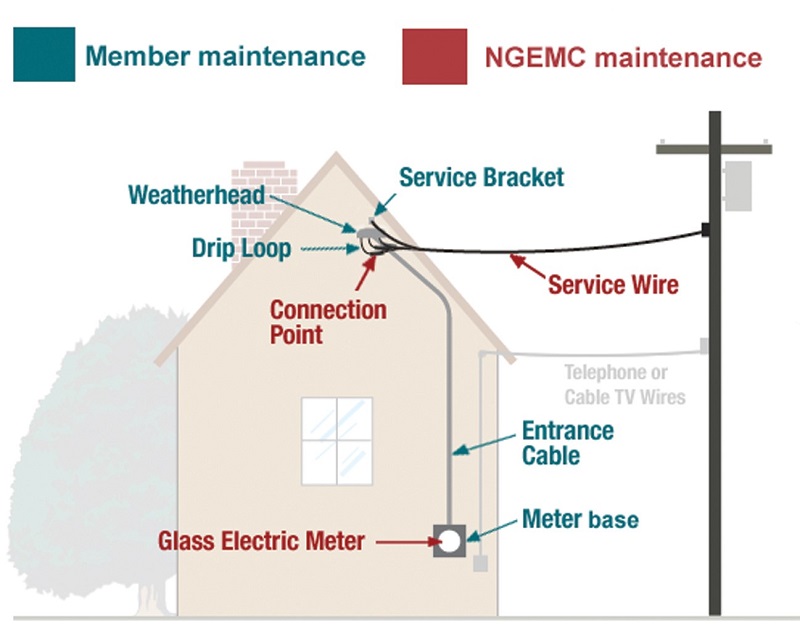
Member Maintained
- Weatherhead
- Service Bracket
- Drip Loop
- Entrance Cable
- Meter Base
NGEMC Maintained
- Service Wire
- Connection Point
- Glass Electric Meter
The graphic above shows which electric service components at your home are maintained by NGEMC and which are maintained by you the member. For your safety, please remember the following:
- Always use a licensed electrician when making electrical repairs to your home.
- Do not pull your own meter, and do not allow an electrician to pull your meter when making repairs. Only NGEMC certified employees are permitted to pull electric meters.
- Call NGEMC to schedule a disconnect for electrical repairs, structure repairs and tree removal.

